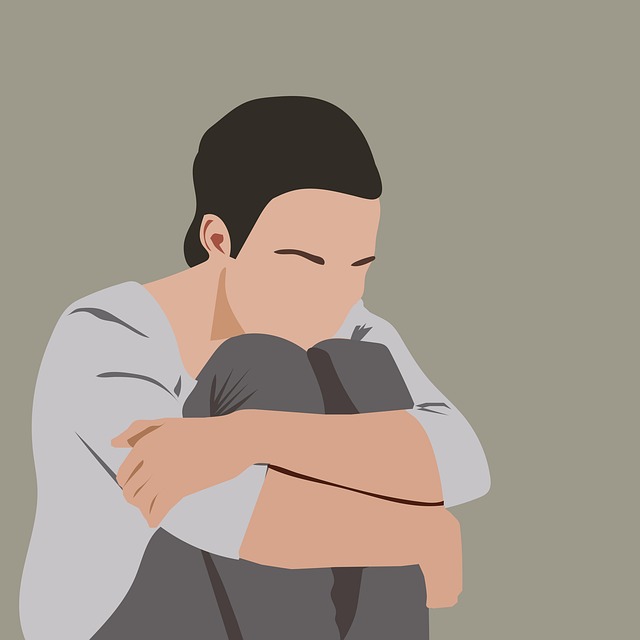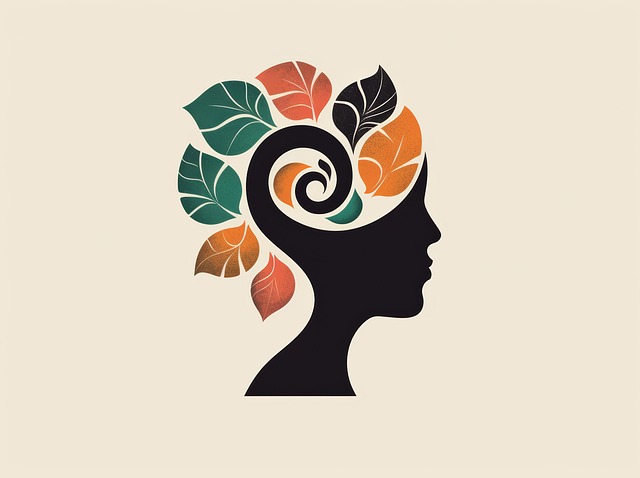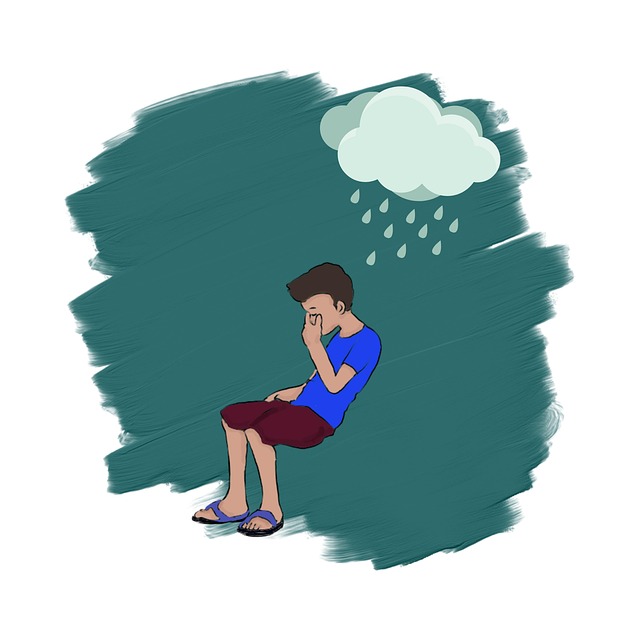Aurora Blended Families Therapy focuses on empowering blended families to navigate challenges through effective coping skills. They offer specialized training in social skills, stress management, and self-care routines, tailoring strategies to individual needs while promoting shared familial bonds. Utilizing mindfulness, deep breathing, and self-esteem improvement, the therapy helps family members manage stress, conflicts, and healthcare provider burnout. Regular family meetings and integrated activities create a supportive environment, reducing mental health stigmas and ensuring every member feels heard and supported.
Coping skills development is a vital aspect of fostering resilience, especially within the complex dynamic of blended families. This article explores effective strategies to navigate challenges and promote well-being in Aurora Blended Families Therapy. We delve into understanding the unique coping needs of these families, identifying individual and shared strategies, and providing therapeutic interventions. Additionally, practical tips offer actionable ways to integrate coping techniques into daily life, enhancing family harmony. By empowering blended families with robust coping skills, therapy in Aurora can revolutionize their journey towards lasting happiness and stability.
- Understanding Coping Skills and Their Significance in Blended Families
- Identifying Individual and Shared Coping Strategies
- Therapeutic Approaches to Enhance Coping Skills in Aurora Blended Families Therapy
- Practical Tips for Daily Integration of Coping Techniques in Blended Households
Understanding Coping Skills and Their Significance in Blended Families

In the context of Aurora Blended Families Therapy, understanding coping skills is paramount as blended families often face unique challenges. Coping skills are the strategies individuals use to manage and overcome stress, anxiety, or difficult emotions. They play a pivotal role in maintaining mental health and fostering strong family dynamics. For blended families, where step-parents, children from different backgrounds, and possibly biological parents coexist, these skills become essential tools for navigating complex interpersonal relationships and transitions.
The significance of coping skills cannot be overstated, especially when considering the potential for stress related to adjustment issues, identity confusion, and emotional turmoil within these families. Social Skills Training and Stress Management Workshops organized by such therapy centers equip family members with effective techniques to handle conflicts, improve communication, and build resilience. Moreover, Self-Care Routine Development for Better Mental Health is a crucial aspect of coping skills development, ensuring each family member finds healthy ways to unwind, recharge, and maintain emotional balance within the blended family environment.
Identifying Individual and Shared Coping Strategies

Identifying Individual and Shared Coping Strategies is a vital step in fostering resilience within Aurora Blended Families Therapy. Every individual within a family brings their own unique set of coping mechanisms, shaped by personal experiences and personality traits. Some may lean on physical activities or creative outlets to manage stress, while others find solace in social connections or cognitive reframing. Understanding these individual strategies is key to creating a supportive environment.
Moreover, shared coping strategies among family members can significantly enhance overall resilience. By recognizing and employing similar tactics, such as open communication, problem-solving together, and practicing mindfulness, families can build stronger bonds and navigate challenges more effectively. Aurora Blended Families Therapy encourages the exploration of these dynamics, promoting Self-Esteem Improvement and instilling Mind Over Matter Principles that empower each member to cope with life’s curveballs.
Therapeutic Approaches to Enhance Coping Skills in Aurora Blended Families Therapy

Aurora Blended Families Therapy offers a range of therapeutic approaches to enhance coping skills within blended families. One effective method involves teaching family members specific stress management techniques, such as mindfulness and deep breathing exercises, which can be particularly beneficial for navigating the unique challenges that arise in these familial structures. By incorporating these practices into their daily routines, individuals and families can develop resilience and better manage conflicts or tensions.
Additionally, the therapy organization emphasizes the importance of self-care practices tailored to each family’s needs. This may include encouraging regular physical activity, healthy eating habits, and adequate sleep as foundational components of stress prevention. Building on these fundamentals, they also facilitate discussions around burnout prevention strategies for healthcare providers within blended families, recognizing the heightened risks associated with caregiving in such environments.
Practical Tips for Daily Integration of Coping Techniques in Blended Households

In a blended household, where stepparents and children from different backgrounds or previous relationships coexist, integrating coping skills can be a game-changer for emotional well-being promotion techniques. Aurora Blended Families Therapy suggests several practical tips to make these techniques part of daily life. Start by creating a calm space in the home where every family member feels comfortable discussing their feelings openly. Regular family meetings can serve as a platform for sharing emotions and concerns, fostering empathy building strategies among stepparents and children alike.
Incorporating coping skills into routine activities is another effective approach. For instance, engaging in mindful breathing exercises during stressful situations or using positive affirmations before bed can help reduce the mental illness stigma reduction efforts within the family. Encourage every member to share their unique coping techniques, celebrating diversity and creating a supportive environment where everyone feels heard and understood.
Coping skills development is a vital component of fostering resilience within Aurora blended families. By understanding and identifying both individual and shared coping strategies, therapeutic approaches can be tailored to enhance emotional well-being. Practical integration of these techniques into daily life allows for a harmonious blend of stability and flexibility, empowering family members to navigate challenges effectively. Through the comprehensive approach outlined in this article—from recognizing coping needs to implementing practical tips—Aurora blended families can thrive with enhanced coping skills, creating a more peaceful and supportive household.










